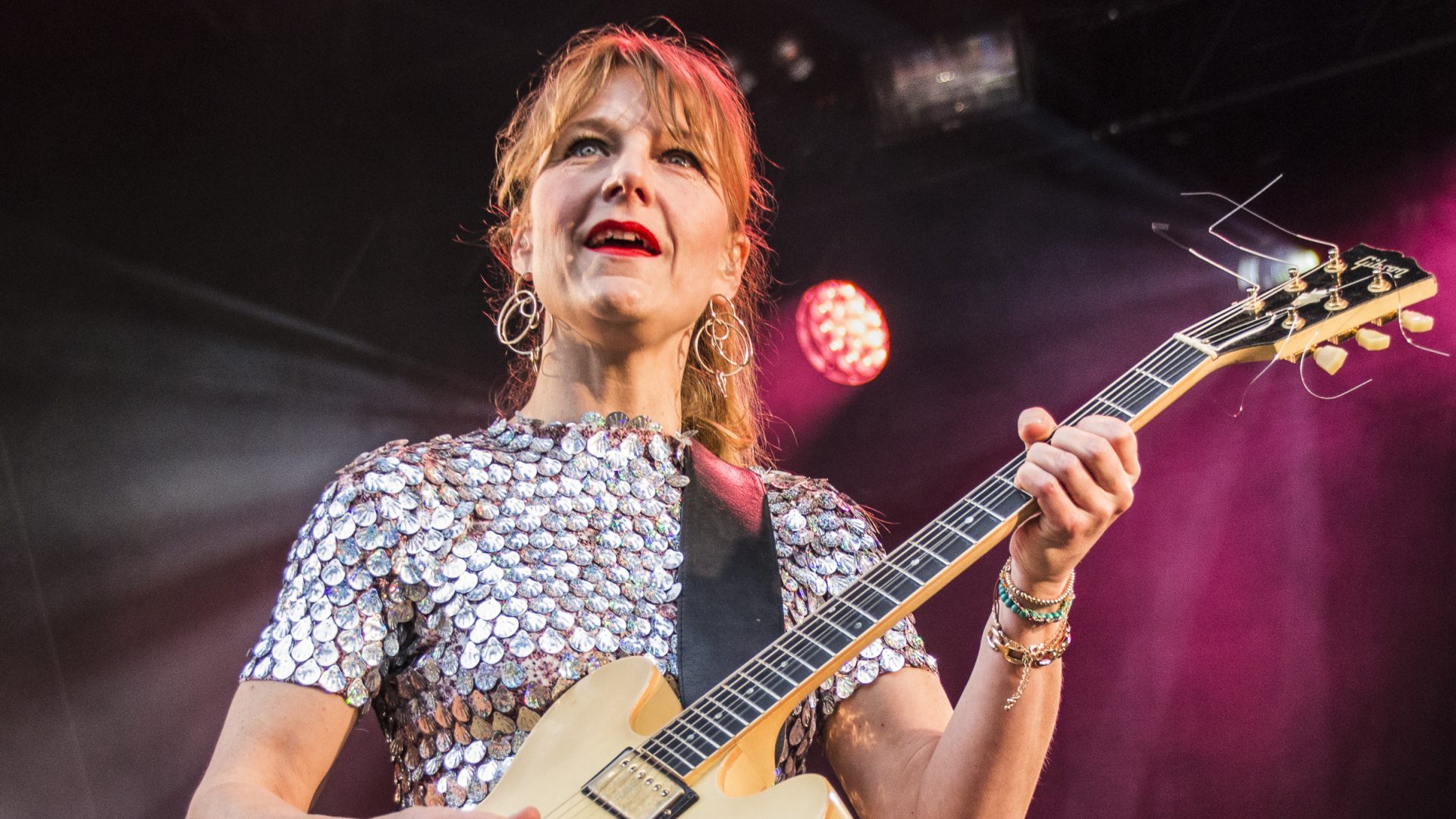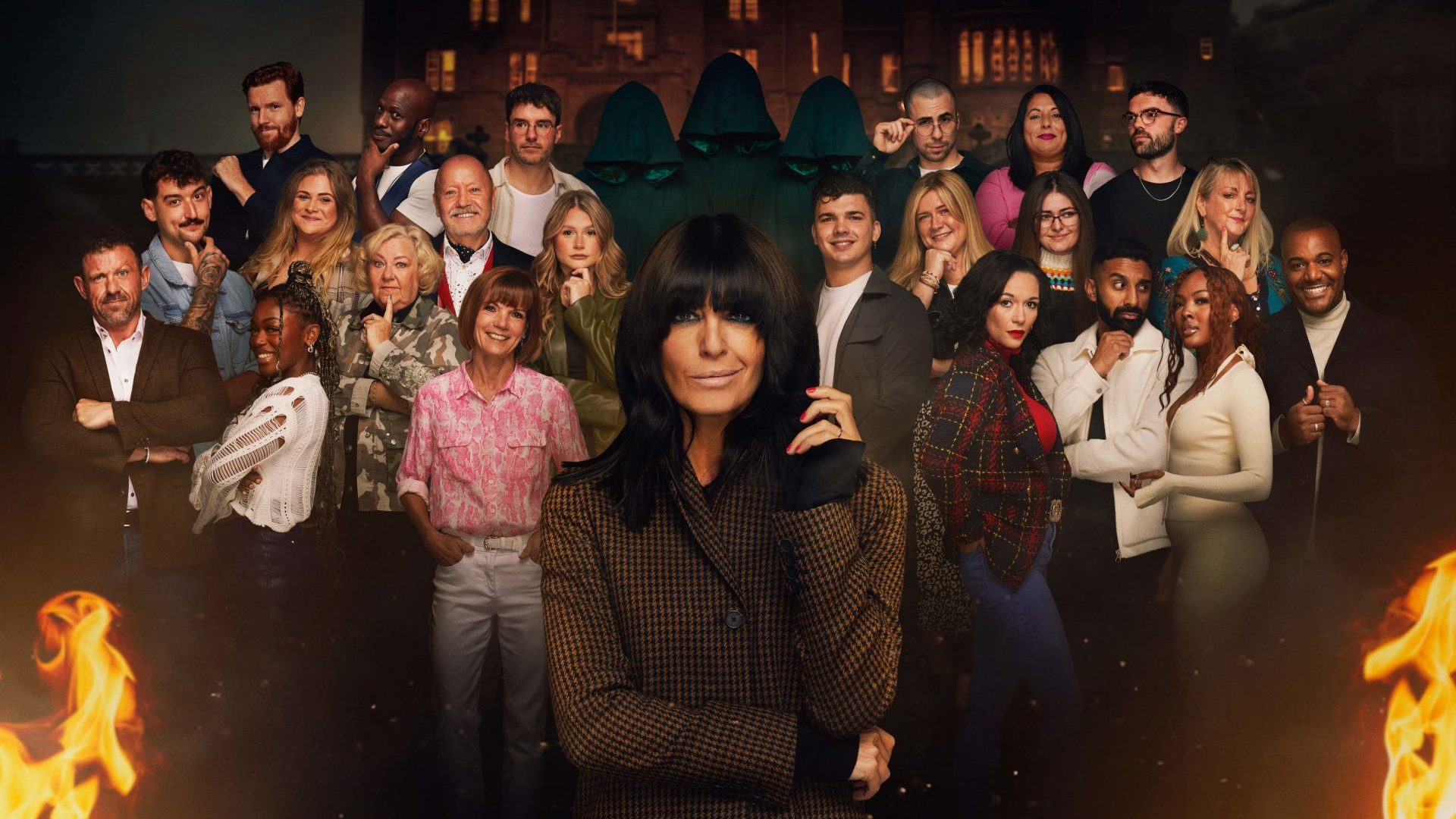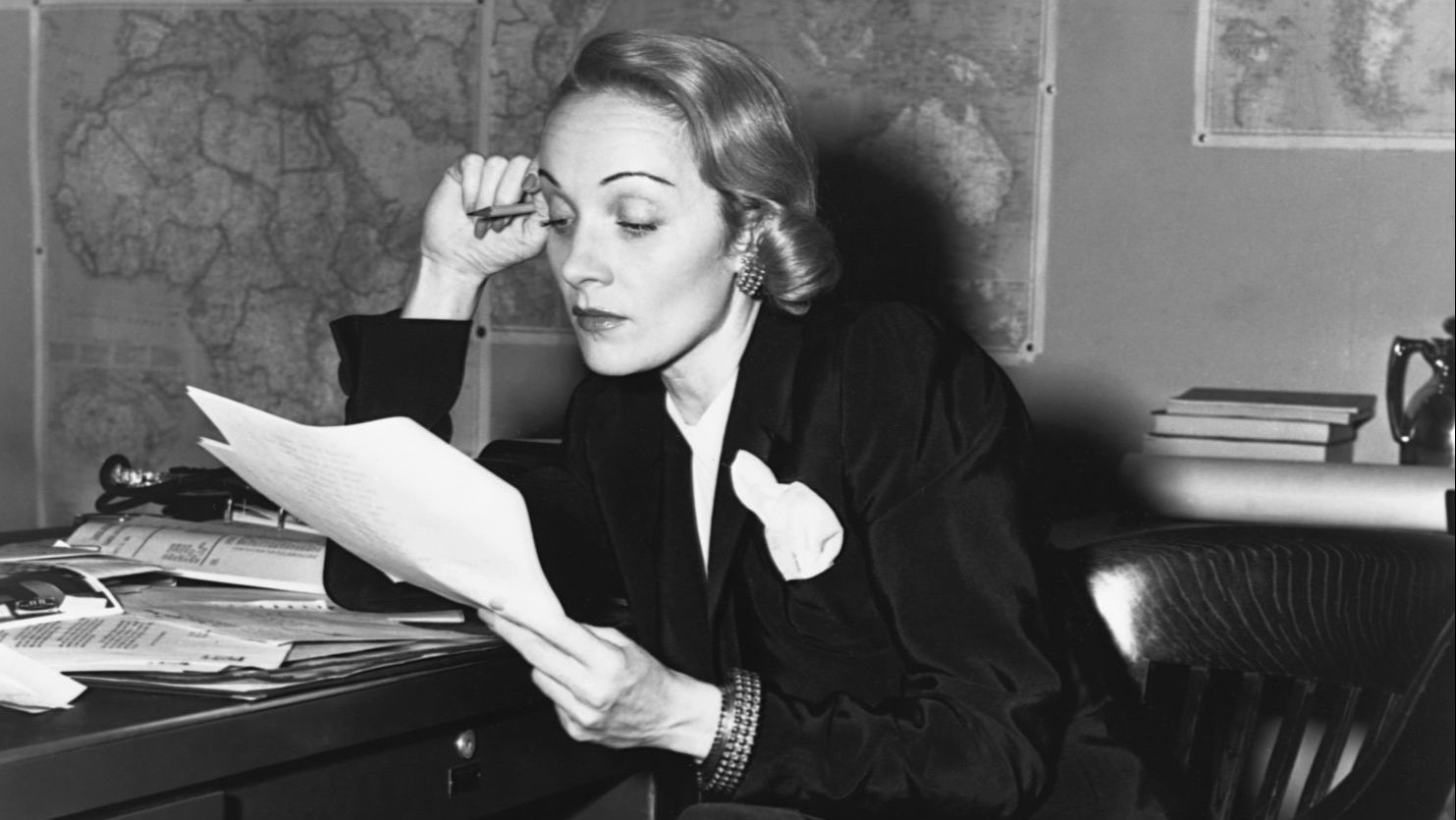“I remember one Sunday when we drove to pick blueberries,” Hedvig Mollestad recalls of her Norwegian childhood. “I was listening to Pearl Jam’s Jeremy on my Discman, and I was moved to tears. And on the way back I listened to Sonny Rollins’ St Thomas, and I was equally moved! To me it was all about expression, and communicating something real.”
A guitarist and composer, Mollestad now steers between these poles, blending headbanging hard rock with jazz’s head-nodding questing freedom. She does it with such success that in the end-of-year polls she was lauded by both Prog magazine and Jazzwise.
A sequence of genre-bending concept albums – Ekhidna (2020), Tempest Revisited (2021) and Maternity Beat (2022) – signalled her ambition, realised with her revelatory residency at last year’s Moldejazz festival in western Norway, an honour previously handed to the legendary likes of Chick Corea.
Eight gigs in six days ranged from the semi-classical suite Liquid Borders to a heavy-duty duo with American sax titan Colin Stetson, and the cavernous psychedelic trips of her trio Weejuns, whose self-titled debut album is her new UK release. As her final, solo show in Molde Cathedral closed past midnight with the church organ’s thunderous intervention adding to her introspective playing, the coronation of a major European talent was clear.
Mollestad, 41, is at home in Oslo when we speak, regularly interrupted by the demands of her children, aged six and eight. “I like the challenge in trying to connect different stuff without feeling it’s a split in minds,” she says. “It’s a compensation for feeling that I lacked the skills to do just one thing on the guitar. I was trying to move in small steps before. But in Molde, it was like creating a world. I really feel like my soul has been an open house, that people can look round and see,” she laughs. “This time it’s been personal!”
Norway is where European jazz definitively declared independence from the US in the early 1970s, finding its own folk-based, idiomatic voice, with cool-toned saxophonist Jan Garbarek the global figurehead for a burgeoning national movement. It sometimes seems as if Norwegian oil has mainly subsidised jazz students, as promising talents from icebound rustic outposts are honed by conservatoires from Trondheim to Tromsø.
Mollestad dug into a very personal slice of this heritage in Molde by covering trumpeter Torgrim Sollid’s landmark jazz album of eastern Norwegian folk songs, Østerdalsmusikk (1975). Sollid’s band included Mollestad’s father, trumpeter Lars Martin Thomassen (Thomassen is Mollestad’s given surname). “That album means a lot to me and my father means a lot to me, and he’s 80 now, and Molde is his home town,” she says. “So I had to do it, if I was ever going to. It’s also beautiful music and part of our heritage. People feel it belongs to their families – it’s your identities, it’s your ancestors.”
Jazz remains popular in Norway, not least in the small fjord-side city of Molde where to “go jazzing” is a local verb. Norwegian jazz is also currently characterised by blistering psych-prog-jazz bands such as Elephant9, Krokofant and now Weejuns, whose common element is keyboardist Ståle Storløkken, a veteran freakout supremo.
“It’s in the nature of jazz, where improvisation happens in the present time, that the genre will explode and take in so many other ideas and impulses,” Mollestad argues. “That’s what makes it available for so many.”
Attending Norway’s many jazz festivals can often make the country seem like a utopia, blessed with free-thinkers fiercely arguing into the bright summer night in beautiful, mountain-ringed towns. “That community is only reality for a very small number of Norwegians,” Mollestad cautions. “Absolutely there’s another side to Norway.”
Maternity Beat partly protests at that darker side, contrasting her maternal instincts and her country’s dehumanising of refugee children. Her earlier Black Stabat Mater (2016) considered similar themes. “That was about the Syrian immigrant crisis,” she recalls, “where people came to Norway, but were shipped out in the middle of the night to the Russian border, where it was minus 40, and people went out of their houses to try to stop the police and buses.” Her young daughter, a spur for this outrage on behalf of others, plays quietly behind her as she speaks.
“I know it’s very easy to say we should ignore the system and just take care of each other,” Mollestad sighs, “but that idea should be much more present in the bureaucracy than it is. Then again, if it was so important to me, why don’t I stop making music and go work in Greece taking care of the immigrants? I should probably do that,” she murmurs, in what sounds an ongoing internal argument. “But I also think the people making art should speak up loudly about things that are not fair. Maternity Beat was from personal experience, but many musicians in Norway are concerned with these things.”
Mollestad grew up in stone-streeted, prosperous Ålesund. Her trumpeter dad was a civil engineer by day and her mum taught music to children with special needs. Mollestad didn’t admit her own musical ambitions till she was 25, studying literature and intending to be a teacher.
“I sat up late with my father last night talking about this,” Mollestad says. “He had this memory that I was at my parents’ party. I was 12, they were eating dinner and drinking wine, and my parents were singing songs and playing the guitar. And he said I played a song that was really beautiful, and afterwards I came into the kitchen, and that was the moment when he could see that I was really intrigued by music. I can’t remember the moment, but I can remember the song.”
With Weejuns’ album garnering excellent reviews and European dates coming in the spring, this modest maestro has finally glimpsed her full potential. “I’m feeling inspired and thankful for life and everything else,” she says. “After Molde, I was wondering if I would feel, ‘I’ve done it, I’m going to relax now and bake some bread!’ she laughs. “But I’m triggered to do more, not less. Forward!”
Weejuns by Hedvig Mollestad Weejuns is out now on Rune Grammofon



